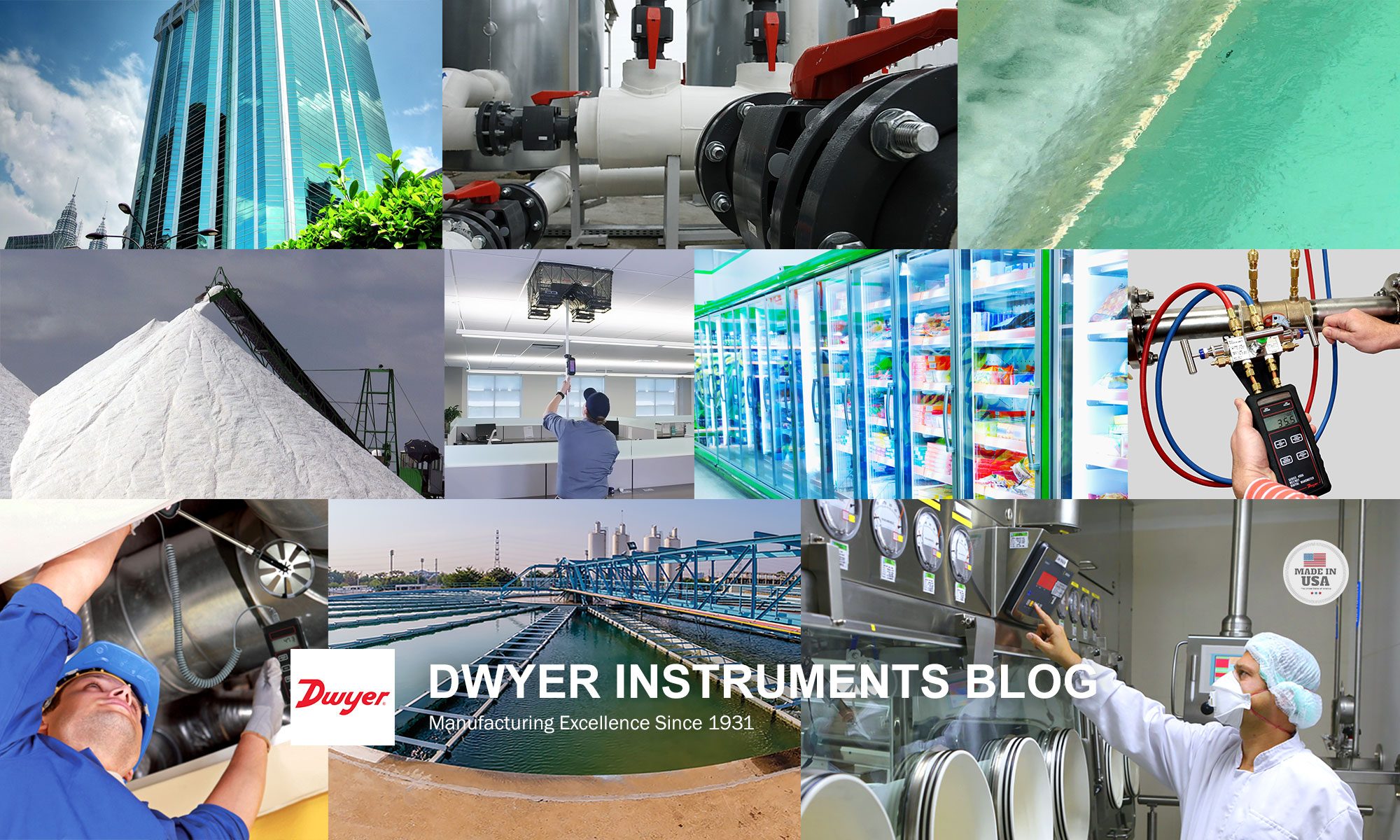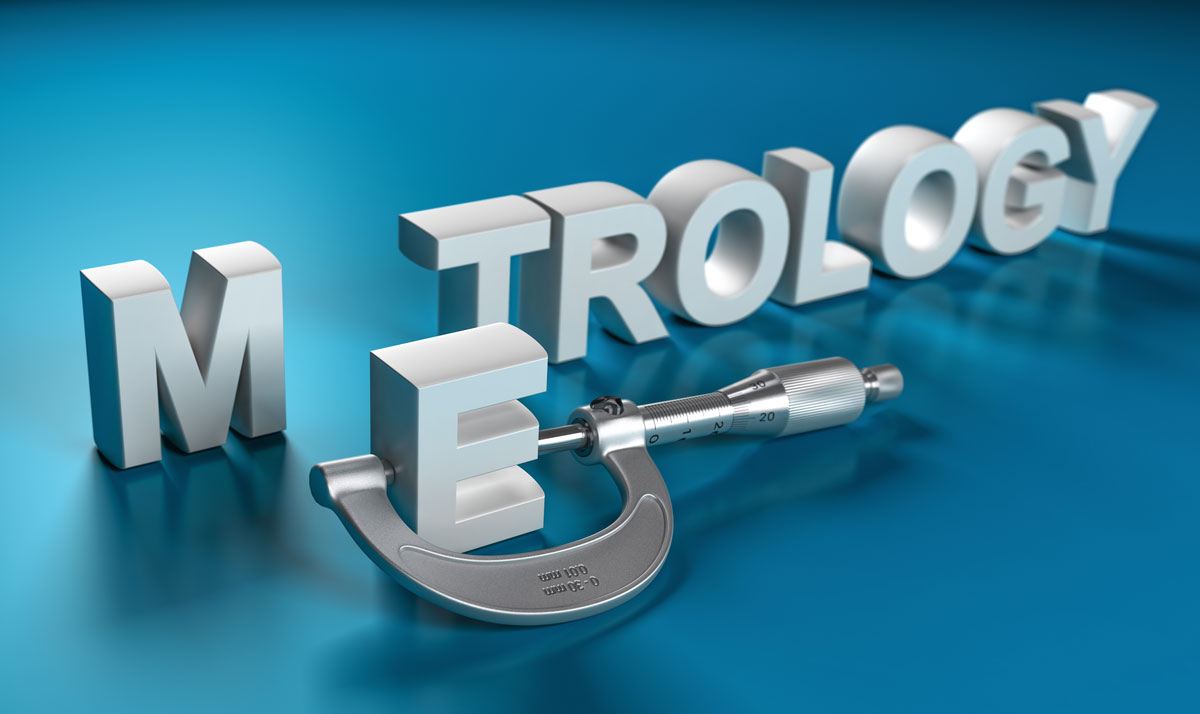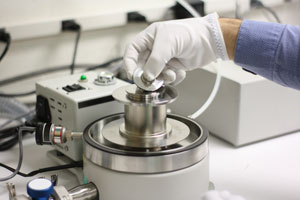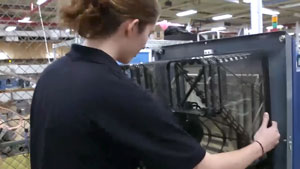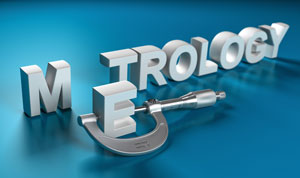 In the world of metrology, measurement uncertainty and its level of impact on calibration plays a huge role in decisions about what products to purchase, along with who to receive calibration services from. Minimizing measurement uncertainty is key for anyone making critical measurements, but many may be confused about what measurement uncertainty is and how to determine the significance of an assigned value. Continue reading “Introduction to Measurement Uncertainty”
In the world of metrology, measurement uncertainty and its level of impact on calibration plays a huge role in decisions about what products to purchase, along with who to receive calibration services from. Minimizing measurement uncertainty is key for anyone making critical measurements, but many may be confused about what measurement uncertainty is and how to determine the significance of an assigned value. Continue reading “Introduction to Measurement Uncertainty”
ISO/IEC 17025 Calibration in Food and Agriculture
World Accreditation Day
Yesterday (June 9, 2020) marked this year’s World Accreditation Day, which is a global initiative established by the International Laboratory Accreditation Cooperation (ILAC) and the International Accreditation Forum (IAF) to promote the value of accreditation.
 This year’s focus was on how accreditation improves food safety, supporting the confidence of consumers, suppliers, purchasers, regulators and specifiers in the quality and safety of food [1]. When it comes to ensuring food safety, consumers and suppliers rely on their equipment and calibration providers to comply with the appropriate international standards, such as ISO/IEC 17025:2017.
This year’s focus was on how accreditation improves food safety, supporting the confidence of consumers, suppliers, purchasers, regulators and specifiers in the quality and safety of food [1]. When it comes to ensuring food safety, consumers and suppliers rely on their equipment and calibration providers to comply with the appropriate international standards, such as ISO/IEC 17025:2017.
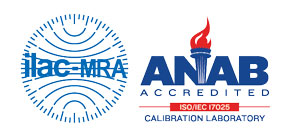 Attaining accreditation status to ISO/IEC 17025:2017 is a rigorous process that ensures that the technical competence of personnel, the ethics of personnel, and the reliability of the organization itself are at a level that can be recognized on an international scale. The Dwyer Instruments, Inc. Engineering Laboratory is proud to be able to provide ISO/IEC 17025:2017, ANSI/NCSL Z540-1-1994 and ANSI/NCSL Z540.3 Section 5.3 accredited calibrations on pressure products that are used in these critical food safety environments. Continue reading “ISO/IEC 17025 Calibration in Food and Agriculture”
Attaining accreditation status to ISO/IEC 17025:2017 is a rigorous process that ensures that the technical competence of personnel, the ethics of personnel, and the reliability of the organization itself are at a level that can be recognized on an international scale. The Dwyer Instruments, Inc. Engineering Laboratory is proud to be able to provide ISO/IEC 17025:2017, ANSI/NCSL Z540-1-1994 and ANSI/NCSL Z540.3 Section 5.3 accredited calibrations on pressure products that are used in these critical food safety environments. Continue reading “ISO/IEC 17025 Calibration in Food and Agriculture”
Certificates of Calibration Explained
 Dwyer Instruments, Inc. offers a variety of calibration services for new or previously purchased products. In 2019, the Dwyer Instruments, Inc. – Engineering Laboratory, located in Michigan City, IN, gained accreditation to ISO/IEC 17025:2017 through the ANSI National Accreditation Board. The Dwyer lab now offers two different types of calibration certificates for our products: a certificate of NIST calibration and an ISO/IEC 17025:2017 accredited certificate of calibration. Now that accredited calibration services are available for select Dwyer products, it is important to know the differences between these two different calibration certificates. Knowing these differences will allow you to understand which calibration certificate will best suit your needs. Continue reading “Certificates of Calibration Explained”
Dwyer Instruments, Inc. offers a variety of calibration services for new or previously purchased products. In 2019, the Dwyer Instruments, Inc. – Engineering Laboratory, located in Michigan City, IN, gained accreditation to ISO/IEC 17025:2017 through the ANSI National Accreditation Board. The Dwyer lab now offers two different types of calibration certificates for our products: a certificate of NIST calibration and an ISO/IEC 17025:2017 accredited certificate of calibration. Now that accredited calibration services are available for select Dwyer products, it is important to know the differences between these two different calibration certificates. Knowing these differences will allow you to understand which calibration certificate will best suit your needs. Continue reading “Certificates of Calibration Explained”
The Importance of Choosing An Accredited Calibration Laboratory
 Picture this: You’re driving on the highway and push your car’s speed to the limit. Suddenly, a police officer pulls up behind you. Your heart races and stomach drops. You hold your breath as your eyes quickly dash to your car’s speedometer, double-checking your speed. Luckily, you aren’t going over the speed limit. Just as the butterflies in your stomach start to settle, red and blue lights start flashing behind you. You slow the car and come to a stop. The officer tells you that you were going far faster than you thought that you were. Turns out, your speedometer is out of calibration. Now, not only are you running late, but you also owe the state a couple hundred dollars.
Picture this: You’re driving on the highway and push your car’s speed to the limit. Suddenly, a police officer pulls up behind you. Your heart races and stomach drops. You hold your breath as your eyes quickly dash to your car’s speedometer, double-checking your speed. Luckily, you aren’t going over the speed limit. Just as the butterflies in your stomach start to settle, red and blue lights start flashing behind you. You slow the car and come to a stop. The officer tells you that you were going far faster than you thought that you were. Turns out, your speedometer is out of calibration. Now, not only are you running late, but you also owe the state a couple hundred dollars.
If your speedometer isn’t calibrated properly, you risk fines, damage to your vehicle, and endangering those around you. You may face similar consequences if your instrumentation is not calibrated at a regularly established interval. You could be subject to disciplinary action from regulatory bodies, damage to your instrument or surrounding equipment, or even harming building occupants by using equipment that is out of specification. Continue reading “The Importance of Choosing An Accredited Calibration Laboratory”
Calibration Service Tiers
 High quality, well-functioning test equipment is an important part of any balancer’s toolbox. As a balancer, your customers rely on you to keep their buildings comfortable, to help them meet federal building regulations, and to help them save energy and money. Your customers expect you to provide accurate readings, and in order to do so, you need to use reliable, calibrated test equipment. By regularly calibrating your equipment, you will be able to provide your customers with the excellent service they expect. Continue reading “Calibration Service Tiers”
High quality, well-functioning test equipment is an important part of any balancer’s toolbox. As a balancer, your customers rely on you to keep their buildings comfortable, to help them meet federal building regulations, and to help them save energy and money. Your customers expect you to provide accurate readings, and in order to do so, you need to use reliable, calibrated test equipment. By regularly calibrating your equipment, you will be able to provide your customers with the excellent service they expect. Continue reading “Calibration Service Tiers”
